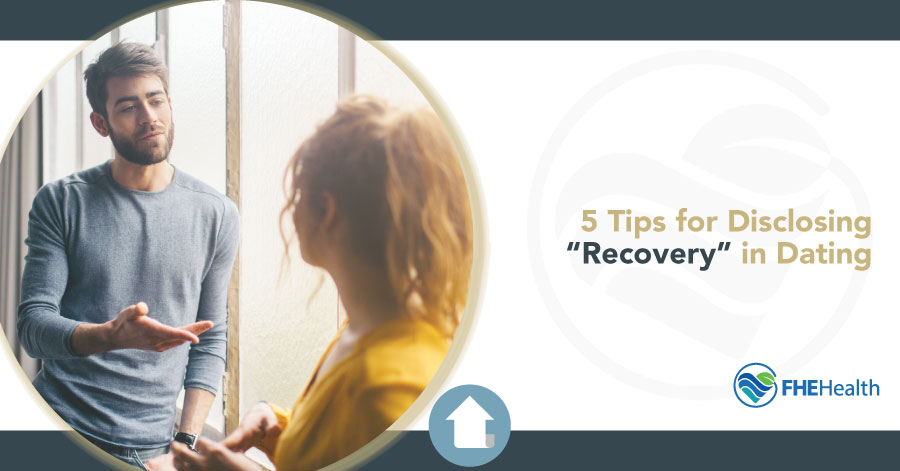
Making it through recovery is a large commitment and can take a significant investment in time and energy. The process is never easy, particularly for those just out of rehabilitation and working to acclimate to normal life once again. However, many facets of life change after treatment. From finding employment to interacting with others, prior habits will have to be altered for good. And that, of course, includes dating.
While healthy relationships can be important after completing rehabilitation, finding a partner may not be as easy as it seems. With the pervasive nature of drugs and alcohol in modern life, not everyone will be interested in the additional complexity dating someone in recovery may entail.
For many individuals looking for love after rehab, one large question stands: When and how should recovery be disclosed? Should it be something you lead with or something to disclose after getting to know someone? Will a potential date be turned off by an upfront confession, or will they resent being kept in the dark? These five tips for how and when to tell someone you’re a recovering addict can help you navigate things like dating and relationships as best as possible.
To Disclose or Not to Disclose?
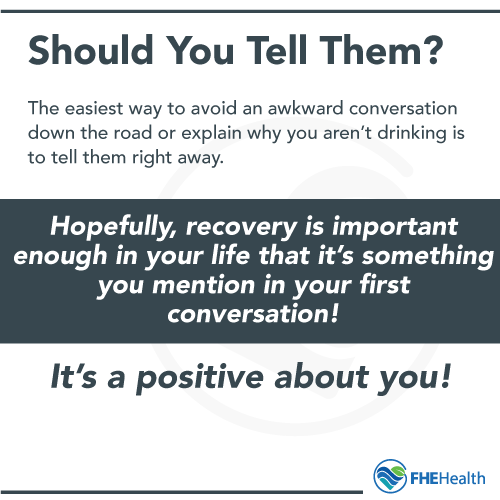 When dating was largely dependent on in-person meetings, it was much easier to manage the flow of information. Today, however, dating has taken on a different identity. With the rise in dating websites and apps, more people than ever look for love on the web; around 40% of modern American couples met online.
When dating was largely dependent on in-person meetings, it was much easier to manage the flow of information. Today, however, dating has taken on a different identity. With the rise in dating websites and apps, more people than ever look for love on the web; around 40% of modern American couples met online.
As such, the first snapshot many prospective partners get is not a friendly wave and a smile but the information included in an online dating profile. By providing an overview of personality, likes, dislikes and even career objectives, those engaged in the dating scene now have more information than ever to use in making decisions.
For those who are newly sober, this raises an important question about what kind of information related to recovery they should disclose. On one hand, stating that you are sober can narrow the pool, ensuring the only dates you go on are with those who are comfortable dating someone in recovery. However, this can turn potential partners off, especially those who value a good cocktail or a craft beer, for example. While obviously these individuals aren’t good fits for those newly sober, consistent rejection can be painful and may compromise recovery.
On the other hand, keeping sobriety under wraps can mean expanditng the pool of available individuals. Some partners may be better equipped to support recovery than they believe, and leaving the door open to more potential dates can increase the likelihood of finding the right fit. That said, some people won’t be excited by the prospect of dating someone sober and may feel disappointed or misled to find this out after meeting.
Ultimately, this choice is individual. Some people may prefer to be upfront, while others may choose to keep it to themselves until the time is right. There’s no right or wrong way, so however you personally choose to proceed may very well be what is right for you. You may even choose to take things on an experimental basis; for example, if putting your recovery status in your dating site profile isn’t working, it may be time to switch gears and consider removing it to see if dating efforts become more successful.
Five Tips for Disclosing Recovery in Dating
There’s no good way to talk about recovery, and there’s also no way to ensure all potential partners are fine with being involved with someone recovering from a substance use disorder. These five tips can help you disclose your status in recovery to those you date.
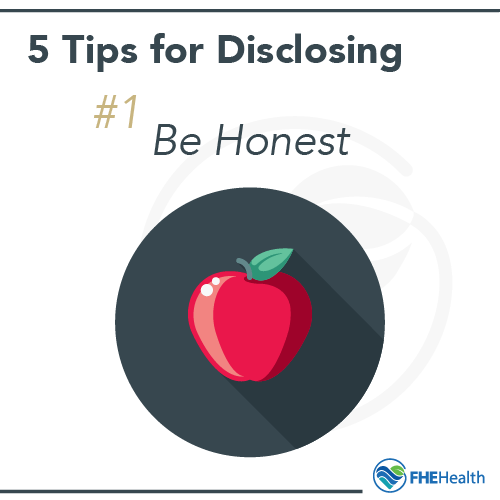 1. Be Honest
1. Be Honest
Some people in recovery feel shame over their past actions, and that’s understandable. However, making healthy life choices isn’t something to be ashamed of. There’s no way to change your circumstances now, so pretending or lying isn’t going to gain you any advantages.
When going on dates with new partners, be honest. There’s no need to order a seltzer water and pretend it’s a gin and tonic or otherwise fake your situation; your life isn’t going to change by pretending you’re sober by your own volition or, worse, pretending you aren’t sober at all. Instead, be honest. Let them know that you don’t drink or use substances, and that you’re most comfortable in places in which substance use isn’t a focus.
If you aren’t comfortable sharing so much, so soon, that’s okay, but there’s no reason to hide your sobriety unnecessarily.
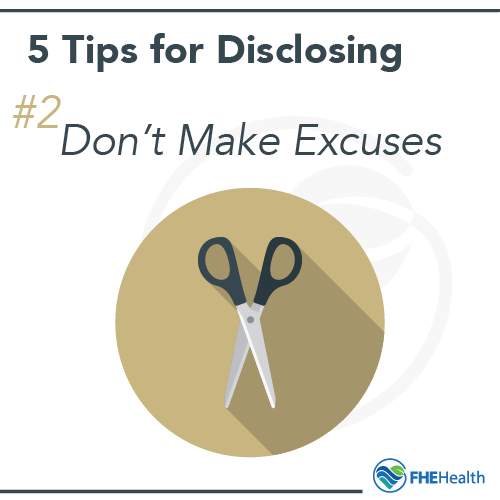 2. Don’t Make Excuses
2. Don’t Make Excuses
For those new to recovery, it’s only natural to feel a little bad about changing plans or suggesting different destinations to avoid drugs or alcohol. However, there’s no need to feel this way, and there’s no need to come up with excuses to make yourself or your date feel better. Recovery is a part of your reality, and trying to hide it, mask it or make excuses for your life won’t change the importance of staying sober.
Around 1 in 12 adults in the U.S. has a substance use disorder, or nearly 19 million individuals, indicating that overcoming addiction isn’t as rare as you may think. Most people likely have a friend or loved one in recovery and will understand requests you make about plans and situations. There’s no need to make excuses to hide or sidestep your sobriety.
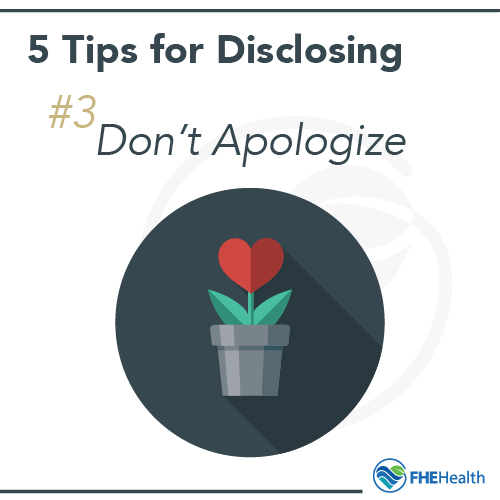 3. Don’t Apologize
3. Don’t Apologize
When you’re dating, there’s a lot of give and take in making plans, treating a date to a dinner or event, and getting to know one another. However, for those in recovery, this can lead to guilt surrounding the influence recovery can have throughout all stages of dating.
In spite of these instincts, there is no need to apologize for how your recovery impacts your life. This is a part of who you are, and anyone who dates you will have to be okay with this. As such, it’s important that you state your needs or preferences regarding your recovery without guilt, shame or fear. Recovery will never not be something that drives you, so it’s best that anyone you’re dating adapts sooner rather than later.
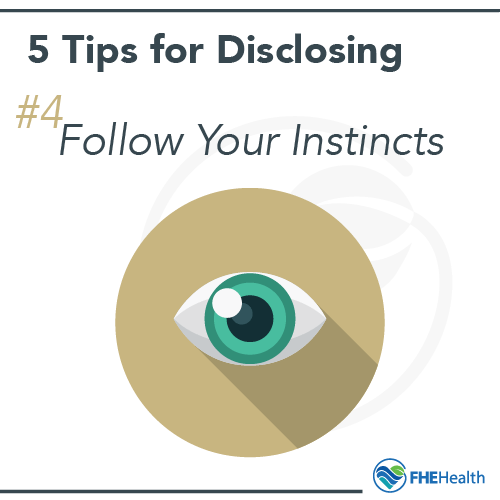 4. Follow Your Instincts
4. Follow Your Instincts
A lot of people are sober and don’t mind being around drugs or alcohol, while those in recovery may be put on unsteady ground by going to bars or being around other substance users. As such, there can be a difference between those who choose to be sober and those who are in active recovery.
If you feel as though you need to speak up or provide more information to keep yourself on the right path, do so. No romantic relationship is worth compromising your recovery, so when in doubt, follow your instincts. If a situation makes you uncomfortable, you don’t need to power through for the sake of a date. Instead, do what you feel is most comfortable and beneficial for you.
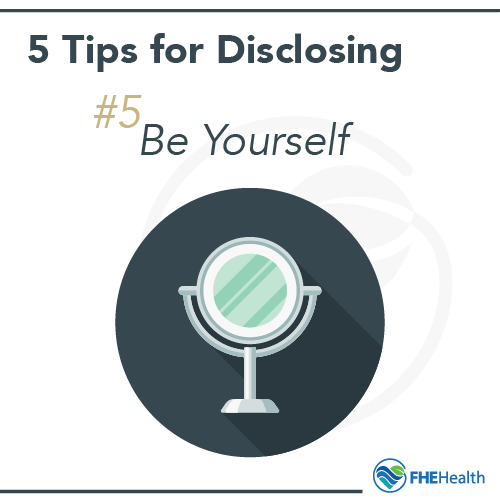 5. Be Yourself
5. Be Yourself
Addiction has a way of changing how people see themselves. They may feel lesser or unworthy due to addiction or feel as though who they are in recovery isn’t of value due to the pressure of addiction.
None of this is true. Those in recovery are just as valued and worthy as anyone else, and you should see yourself in this light too. Who you are as a person goes far beyond your substance use. Further, getting help demonstrates personal strength, and that’s something to be proud of.
When dating, be yourself. Own the road your life has taken, and show potential partners your good sides as well as your scars. There’s no way to find the right person for you if you’re unable to be your authentic self.
Doing What Is Right for Your Recovery
In many ways, the choices you make, in dating and beyond, should put your recovery front and center. If you feel that telling too many people and talking in-depth about your addiction isn’t healthy for you, it’s okay to maintain your privacy for your own protection. Alternately, if you feel it’s best to speak up to ensure you can avoid settings and scenarios that may trigger your cravings, this is okay too.
Your recovery should be your top priority. If that means putting a hold on dating until you’re more comfortable, that’s fine too. Ultimately, if it preserves your sobriety, it’s worth it.
If you or someone you love is living with addiction, FHE Health can help. Please contact us today to learn more about our inpatient and outpatient treatment programs.






